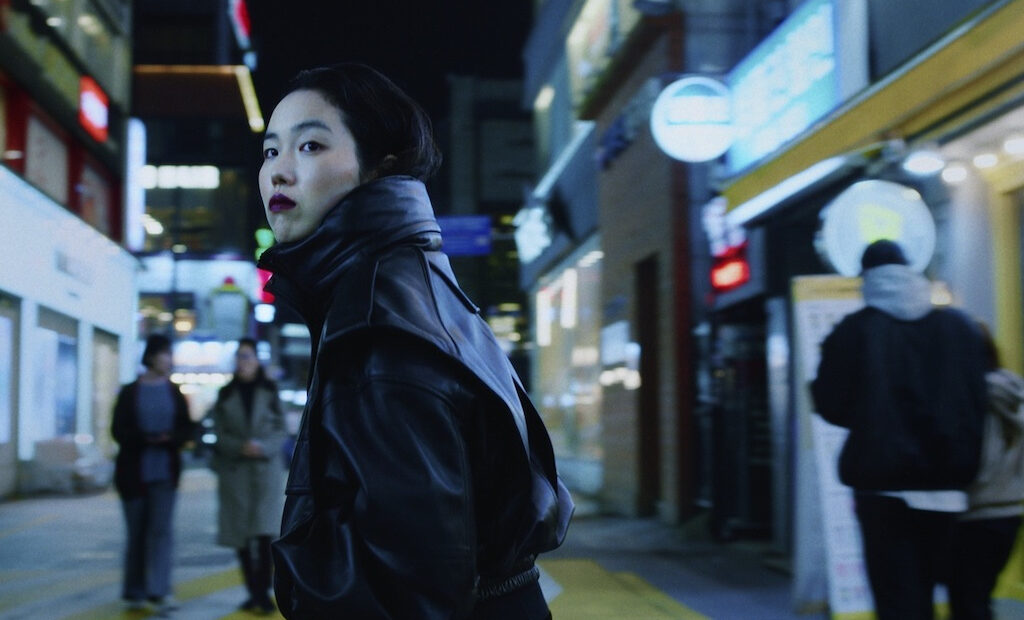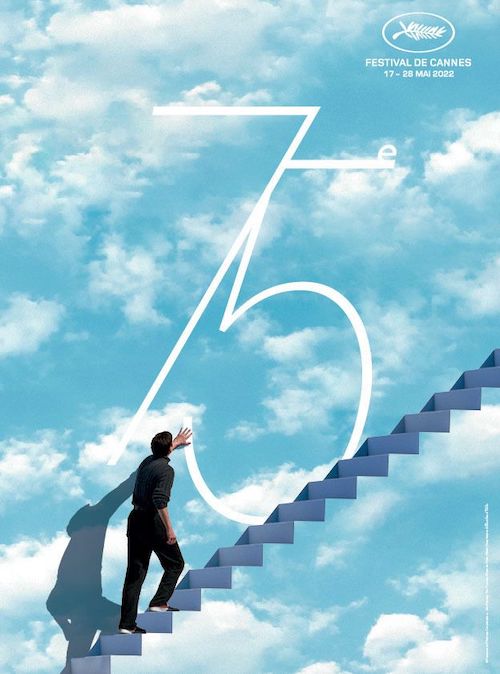Return to Seoul

On a spontaneous impulse, 25-year-old Freddie (Ji-Min Park) travels to South Korea, the country of her birth, from Paris, the city in which she grew up with her adoptive parents. Freddie’s method of navigation through life is spiritedly illustrated within the first ten minutes of the film: while at a bar with Tena (Guka Han), the receptionist of the hotel she has just checked herself into, Freddie draws upon her past experiences as a musician, explaining that her philosophy of life is akin to sight-reading sheet music – leaning into the fear attached to it more often than not breeds the most success. Putting this theory into practice, Freddie befriends almost the entire bar, told in the process that she “does not look French”, but like an “ancestral Korean”.
She then begins to track down her biological parents, learning her birth name of Yeon-Hee, and discovers that they are no longer together, living in separate regions of South Korea. Freddie appears somewhat hesitant to meet her biological father, who is the first to reach out in response to the adoption agency’s message on her behalf. Giving into curiosity, however, she travels to Gunsan to meet him.
Taking place over the course of seven years, Return to Seoul is a deeply personal dive into the nuances of identity. It’s directed by Davy Chou, a French-Cambodian, who has taken his own plunge into an ancestry shrouded in mystery. The film itself holds its cards close to its chest, only teasing the circumstances of Freddie’s adoption, her time with her alcoholic biological father (Oh Kwang-Rok) brimming with an awkward tension. The unthinkable grief of the past jabbing below the surface of the narrative is secondary to aura and tone.
For all the evocation of the production’s individual elements (tactile direction and cinematography, a magnetic performance from Ji-Min Park), Return to Seoul somehow falls short of the utterly captivating character study that it could and should be, its somewhat scattered and wispy narrative leaving little to sink into. Undoubtedly, it will appeal to many, its content and aesthetic springing from a place of authenticity, with isolated moments that are breathtaking in their energy and beauty. It just feels as if Chou lacked the connective tissue to elevate these moments of power into the fully realised meditation it had the potential to be.
Matthew McMillan
Return to Seoul does not have a UK release date yet.
Read more reviews from our Cannes Film Festival 2022 coverage here.
For further information about the event visit the Cannes Film Festival website here.

























Facebook
Twitter
Instagram
YouTube
RSS